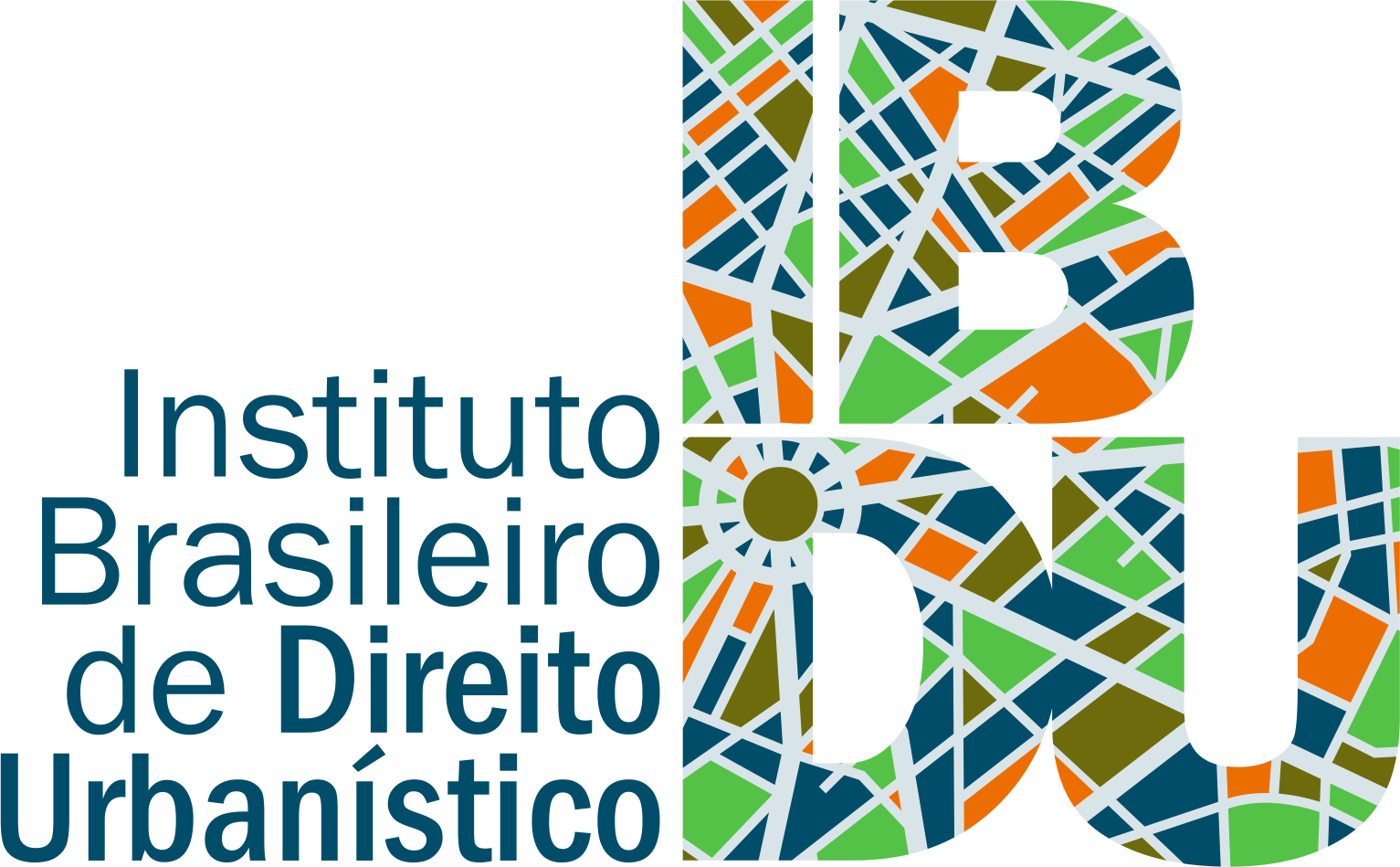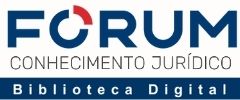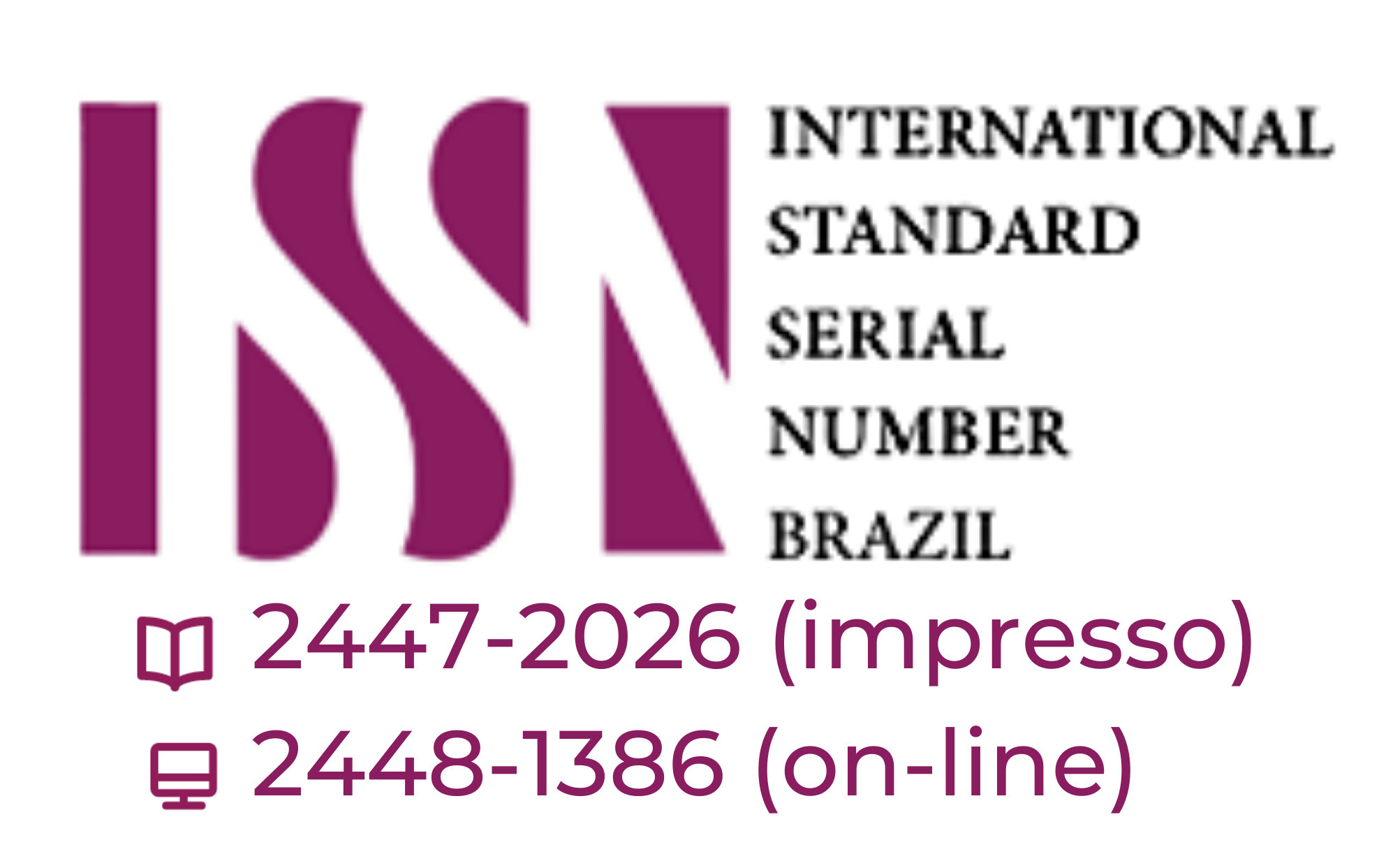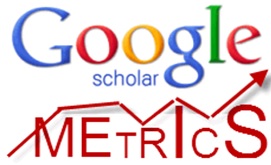|
|
|
|
e-ISSN 2448-1386 Eletrônico I-ISSN 2447-2026 Impresso |
|
|
|
|
|
|
|
|
|
|
|
|
|
Políticas Editoriais
Princípios de integridade e fundamentos éticos
Declaração de Privacidade: Os nomes e endereços informados nesta revista serão usados exclusivamente para os serviços prestados por esta publicação, não sendo disponibilizados para outras finalidades ou a terceiros.
Este periódico tem um compromisso com a ética e a qualidade das publicações, seguindo padrões internacionais de publicação científica. Defendemos um comportamento ético de todas as partes envolvidas na publicação em nosso periódico: autores, editores, pareceristas, Equipe Editorial e a Editora. Não aceitamos plágio ou qualquer outro comportamento antiético. Para isso, são seguidas as diretrizes do 2nd World Conference on Research Integrity, Singapore, July 22-24, 2010.
Deveres do Editor:
Decisão de publicação: o editor é responsável por decidir quais artigos submetidos à revista devem ser publicados. O editor é guiado pelas políticas decididas pelo Conselho Editorial. Essas políticas devem obedecer às exigências legais em vigor sobre difamação, violação de direitos autorais e plágio. Para tomada de decisões o editor pode consultar o Conselho Editorial e os pareceristas.
Transparência e respeito: o editor deve avaliar os manuscritos submetidos sem levar em conta a raça, gênero, a orientação sexual, a crença religiosa, a origem étnica, a nacionalidade ou a filosofia política dos autores.
Confidencialidade: o editor e demais membros da equipe editorial não devem divulgar qualquer informação sobre um manuscrito submetido, a não ser aos pareceristas e aos conselheiros editoriais.
Divulgação e conflitos de interesse: O editor não deve utilizar materiais inéditos divulgados em um manuscrito submetido em pesquisas próprias sem o consentimento expresso e por escrito do autor. O editor deve recusar avaliar os manuscritos em que tenha conflitos de interesse por questões competitivas, colaborativas ou outros relacionamentos ou ligações com qualquer um dos autores, empresas ou (possivelmente) instituições ligadas aos manuscritos.
Envolvimento e cooperação em investigações: o editor deve tomar medidas necessárias cabíveis quando forem apresentadas reclamações éticas a respeito de um manuscrito submetido ou artigo publicado.
Deveres dos Pareceristas:
Contribuição para as decisões editoriais: a revisão dos pareceristas auxilia o editor na tomada de decisões editoriais e por meio das comunicações com o autor também pode auxiliar o mesmo na melhora do artigo.
Pontualidade: qualquer avaliador de artigo que não se sinta qualificado para analisar o artigo ou sabe que a sua imediata leitura será impossível deve notificar imediatamente o editor.
Confidencialidade: os trabalhos recebidos para análise devem ser tratados como documentos confidenciais. Eles não devem ser mostrados ou discutidos com os outros.
Padrões de objetividade: os pareceres devem ser conduzidos de forma objetiva. Os pareceristas devem expressar seus pontos de vista de maneira clara e apoiados em argumentos.
Sobre as fontes: os pareceristas devem identificar trabalhos publicados relevantes que não foram citados pelos autores. O parecerista deve chamar a atenção do editor sobre qualquer semelhança substancial ou sobreposição entre o manuscrito em questão e qualquer outro artigo publicado de que tenha conhecimento pessoal.
Divulgação e conflito de interesses: informações privilegiadas ou ideias obtidas pelo parecerista por meio da leitura dos manuscritos devem ser mantidas em sigilo e não devem ser utilizadas para proveito pessoal. O parecerista não deve avaliar manuscritos em que tenha conflitos de interesse por questões competitivas, colaborativas ou outros relacionamentos ou ligações com qualquer um dos autores, empresas ou instituições ligadas aos manuscritos.
Deveres dos Autores:
Normas gerais: os autores de trabalhos que se referem a pesquisas originais devem apresentar um relato preciso do trabalho realizado, bem como uma discussão objetiva sobre o seu significado. Dados complementares devem ser representados com precisão no artigo. O documento deve conter detalhes suficientes e referências que permitam que outros possam replicar o trabalho. Declarações fraudulentas ou intencionalmente imprecisas constituem um comportamento antiético e são inaceitáveis.
Originalidade e plágio: os autores devem garantir que as obras são inteiramente originais e se eles utilizam o trabalho e/ou textos dos outros que isso seja devidamente citado. Plágio em todas as suas formas constitui um comportamento editorial antiético e é inaceitável.
Publicação múltipla ou redundante: um autor não deve publicar manuscritos que descrevam essencialmente a mesma pesquisa em mais de um periódico. Publicar o mesmo artigo em mais de um periódico sem informar os editores e obter seu consentimento constitui um comportamento editorial antiético e é inaceitável.
Sobre as fontes: o trabalho de outros autores deve sempre ser reconhecido. Os autores devem citar as publicações que foram importantes na determinação da natureza do trabalho relatado. As informações obtidas em particular, como em uma conversa, correspondência, ou discussão com terceiros, não devem ser utilizadas ou relatadas sem a permissão explícita por escrito da fonte. As informações obtidas por meio de serviços confidenciais, tais como arbitragem de manuscritos ou pedidos de bolsas, não devem ser utilizadas sem a permissão explícita por escrito do autor do trabalho envolvido nestes serviços.
Autoria: a autoria do trabalho deve ser restrita àqueles que fizeram uma contribuição significativa para a concepção, projeto, execução ou interpretação do estudo relatado. Todos aqueles que fizeram contribuições significativas devem ser listados como coautores. Pessoas que participaram em certos aspectos do projeto de pesquisa devem ser listadas como colaboradores. O autor principal deve garantir que todos os coautores apropriados estejam incluídos no artigo. O autor principal também deve certificar-se que todos os coautores viram e aprovaram a versão final do manuscrito e que concordaram com sua submissão para publicação.
Divulgação e conflitos de interesses: todos os autores devem divulgar no manuscrito qualquer conflito financeiro ou de outra natureza que possa influenciar os resultados ou na interpretação de seu manuscrito. Todas as fontes de apoio financeiro para o projeto devem ser divulgadas.
Erros fundamentais em trabalhos publicados: quando um autor descobre um erro significativo ou imprecisão em seu trabalho publicado é obrigação do autor informar imediatamente o editor da revista ou a Editoria de Periódicos e cooperar com o editor para corrigir o artigo.
Deveres da Editora:
Estamos empenhados em garantir que publicidade, reimpressão ou qualquer outra fonte de receita comercial não tenha qualquer impacto ou influência sobre as decisões editoriais.
Nossos artigos são avaliados por pares para garantir a qualidade da publicação científica. Este periódico utiliza o CrossCheck (software antiplágio da CrossRef).
* Esta declaração se baseia nas recomendações da Elsevier e no Best Practice Guidelines for Journal Editors do Committee on Publication Ethics - COPE.
___________________________________________________________
Principles of integrity and ethical foundations
Privacy Statement: This journal is committed to ethics and quality in publication, following international patterns of scientific publication. We support standards of expected ethical behavior for all parties involved in publishing in our journal: the author, the journal editor, the peer reviewer, and the publisher. We do not accept plagiarism or other unethical behavior. Thus, it follows the guidelines of the 2nd World Conference on Research Integrity, Singapore, July 22-24, 2010.
Duties of Editors:
Publication decision: The journal’s editor is responsible for deciding which of the articles submitted to the journal should be published. The editor is guided by the policies of the journal's editorial board and constrained by such legal requirements as shall then be in force regarding libel, copyright infringement, and plagiarism. The editor may consult with the editorial board or reviewers in decision-making.
Fair play: The editor should evaluate manuscripts for their intellectual content without regard to race, gender, sexual orientation, religious belief, ethnic origin, citizenship, or political philosophy of the authors.
Confidentiality: The editor and any editorial staff must not disclose any information about a submitted manuscript to anyone other than the corresponding author, reviewers, potential reviewers, other editorial advisers, and the publisher, as appropriate.
Disclosure and Conflicts of interest: The editor must not use unpublished information in his/her own research without the express written consent of the author. The editor should recuse him/herself from considering manuscripts in which he/she has conflicts of interest resulting from competitive, collaborative, or other relationships or connections with any of the authors, companies, or (possibly) institutions connected to the papers.
Involvement and cooperation in investigations: The editor should take reasonable responsive measures when ethical complaints have been presented concerning a submitted manuscript or published paper.
Duties of Reviewers:
Contribution to Editorial Decision: Peer review assists the editor in making editorial decisions and through the editorial communications with the author may also assist the author in improving the paper.
Promptness: Any selected referee who feels unqualified to review the research reported in a manuscript or knows that its prompt review will be impossible should notify the editor and excuse himself from the review process.
Confidentiality: Any manuscripts received for review must be treated as confidential documents. They must not be shown to or discussed with others.
Standards of Objectivity: Reviews should be conducted objectively and referees should express their views clearly with supporting arguments.
Acknowledgment of Source: Peer reviewers should identify relevant published work that has not been cited by the authors. The peer reviewer should also call to the editor's attention any substantial similarity or overlap between the manuscript under consideration and any other published paper of which they have personal knowledge.
Disclosure and Conflicts of Interest: Privileged information or ideas obtained through peer review must be kept confidential and not used for personal advantage. Reviewers should not consider manuscripts in which they have conflicts of interest resulting from competitive, collaborative, or other relationships or connections with any of the authors, companies, or institutions connected to the papers.
Duties of Authors:
Reporting standards: Authors of reports of original research should present an accurate account of the work performed as well as an objective discussion of its significance. Underlying data should be represented accurately in the paper. A paper should contain sufficient detail and references to permit others to replicate the work. Fraudulent or knowingly inaccurate statements constitute unethical behavior and are unacceptable.
- Originality and Plagiarism: The authors should ensure that they have written entirely original works, and if the authors have used the work and/or words of others that this has been appropriately cited or quoted. Plagiarism in all its forms constitutes unethical publishing behavior and is unacceptable.
- Multiple or Redundant Publication: An author should not in general publish manuscripts describing essentially the same research in more than one journal or primary publication. To publish the same article in different journals without informing the editors and having their agreement constitute unethical publishing behavior and is unacceptable.
- Acknowledgement of Sources: Proper acknowledgment of the work of others must always be given. Authors should cite publications that have been influential in determining the nature of the reported work. Information obtained privately, as in conversation, correspondence, or discussion with third parties, must not be used or reported without explicit, written permission from the source. Information obtained in the course of confidential services, such as refereeing manuscripts or grant applications, must not be used without the explicit written permission of the author of the work involved in these services.
- Authorship of the Paper: Authorship should be limited to those who have made a significant contribution to the conception, design, execution, or interpretation of the reported study. All those who have made significant contributions should be listed as co-authors. Where there are others who have participated in certain substantive aspects of the research project, they should be acknowledged or listed as contributors. The corresponding author should ensure that all appropriate co-authors and no inappropriate co-authors are included on the paper and that all co-authors have seen and approved the final version of the paper and have agreed to its submission for publication.
- Disclosure and Conflicts of Interest: All authors should disclose in their manuscript any financial or other substantive conflicts of interest that might be construed to influence the results or interpretation of their manuscript. All sources of financial support for the project should be disclosed.
- Fundamental errors in published works: When an author discovers a significant error or inaccuracy in his/her own published work, it is the author’s obligation to promptly notify the journal editor or publisher and cooperate with the editor to retract or correct the paper.
Duties of the Publisher:
We are committed to ensuring that advertising, reprint, or other commercial revenue has no impact or influence on editorial decisions.
Our articles are peer-reviewed to ensure the quality of scientific publishing and we are also users of CrossCheck (CrossRef’s plagiarism software).
* This statement is based on Elsevier recommendations and COPE's Best Practice Guidelines for Journal Editors.













